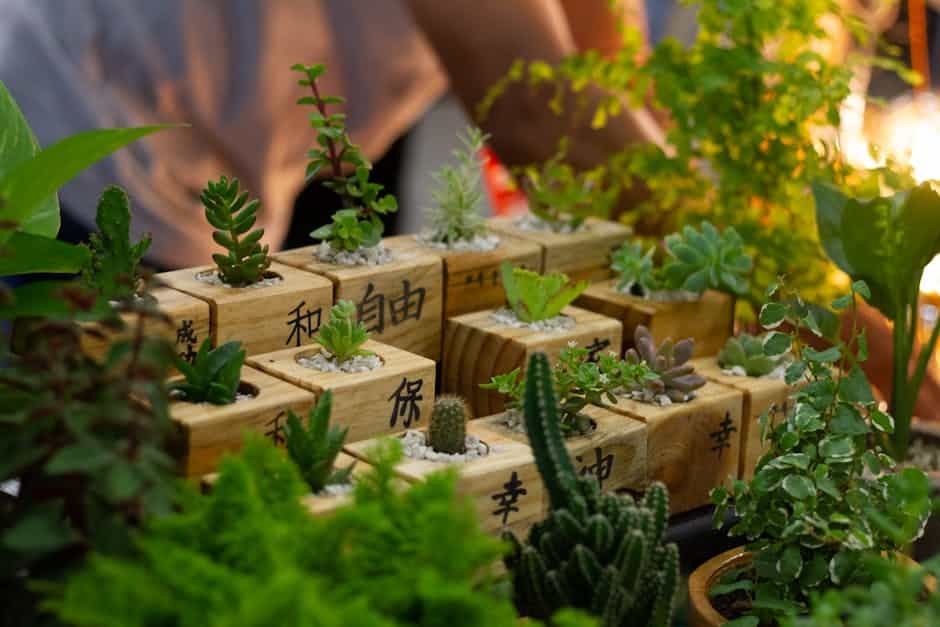Which Soil is Ideal for a Vegetable Garden?
When it comes to growing a successful vegetable garden, one of the most important factors to consider is the type of soil you use. The right soil can provide the necessary nutrients, drainage, and structure that vegetables need to thrive. In this article, we will examine the information provided by various sources to determine the ideal soil for a vegetable garden.
Understanding the Requirements
Before we delve into the specific soil types, it’s essential to understand the general requirements for a vegetable garden. Most vegetables prefer a soil that is rich in organic materials and loamy, meaning it is not too heavy or sandy. However, different types of vegetables have varying soil needs.
The Best Soil Types
According to the information gathered from several sources, including Smart Garden Home, Bob Vila, Gardening Know How, and The Spruce, the ideal soil for a vegetable garden can be described as follows:
Loam Soil
Loam soil is considered the gold standard for vegetable gardens. It is a mixture of clay, sand, and silt, providing a balanced composition that offers excellent drainage, water retention, and nutrient availability. Loam soil also contains active organisms that contribute to the overall health of the garden. With its balanced pH, loam soil is generally suitable for most vegetable varieties.
Well-Draining and Loose Soil
Another common recommendation is to use well-draining and loose soil. This type of soil ensures that water does not pool around the roots, which can lead to root rot and other moisture-related issues. Well-draining soil allows excess water to flow away while retaining enough moisture to keep the plants hydrated.
Organic Matter
Adding organic matter, such as compost or well-rotted manure, to the soil is crucial for a vegetable garden. Organic matter provides essential nutrients and improves the overall structure of the soil. It also helps retain moisture and encourages beneficial microbial activity.
Nutrient Balance
In addition to organic matter, vegetables require a proper balance of nutrients, including nitrogen (N), phosphorus (P), and potassium (K), commonly referred to as N-P-K. The exact nutrient requirements depend on the specific vegetables being grown. Leafy vegetables, for example, thrive with a balanced fertilizer ratio, while root vegetables may require slightly less nitrogen and above-ground vegetables may benefit from slightly higher phosphate levels.
pH Level
The pH level of the soil can significantly impact plant growth. Most vegetables prefer a soil pH between 6 and 7, which is slightly acidic to neutral. However, Brassicas, such as cabbage and broccoli, prefer slightly alkaline soil. It is essential to test the pH of your soil and make necessary adjustments using chemical fertilizers or organic amendments.
Recommended Soil Mixes
While using natural garden soil is common, some gardeners prefer to use soil mixes specifically formulated for vegetable gardens. According to Bob Vila, the following soil mixes are recommended:
- Espoma AP8 8-Quart Organic Potting Mix – Best Overall
- Fox Farm Happy Frog Organic Indoor Potting Soil Mix – Runner-up
- PERFECT PLANTS Organic Indoor Potting Mix All Plants – Best Organic
Conclusion
In conclusion, the ideal soil for a vegetable garden is rich in organic matter, well-draining, loose, and neither too heavy (clay) nor too sandy. It should have a proper balance of nutrients, a slightly acidic to neutral pH, and be suitable for the specific vegetables being grown. Loam soil is often recommended as it provides excellent drainage, water retention, and nutrient availability. Consider using a recommended soil mix or amending your natural garden soil with organic matter and necessary nutrients to create the ideal growing environment for your vegetable garden.
Related Websites:
FAQs:
Q: Why is choosing the right soil important for a vegetable garden?
Choosing the right soil is important for a vegetable garden because it provides the necessary nutrients, proper drainage, and optimal pH levels for healthy plant growth. It ensures that vegetables thrive and produce high yields.
Q: What factors should I consider when selecting garden soil?
When selecting garden soil, you should consider its pH level, texture for drainage and nutrient retention, nutrient content, and organic matter. These factors play a crucial role in ensuring the success of your vegetable garden.
Q: How can I assess the current soil in my vegetable garden?
To assess the current soil in your vegetable garden, you can conduct a soil test or observe the growth of your plants. Soil tests provide detailed information about the pH level, nutrient deficiencies, and texture. Monitoring plant growth helps identify issues like poor drainage or compacted soil.
Q: What are the different types of garden soil commonly used for vegetable gardens?
Common types of garden soil used for vegetable gardens include topsoil, compost, potting mix, and raised bed mix. Each type has its advantages and disadvantages, so it’s important to choose based on your specific gardening needs and conditions.
Q: How can I create a DIY soil mix for my vegetable garden?
To create a DIY soil mix for your vegetable garden, you can use ingredients like garden soil, compost, peat moss, perlite, and vermiculite. These ingredients can be mixed in specific ratios to achieve the desired soil composition and provide the necessary nutrients for healthy vegetable growth.






